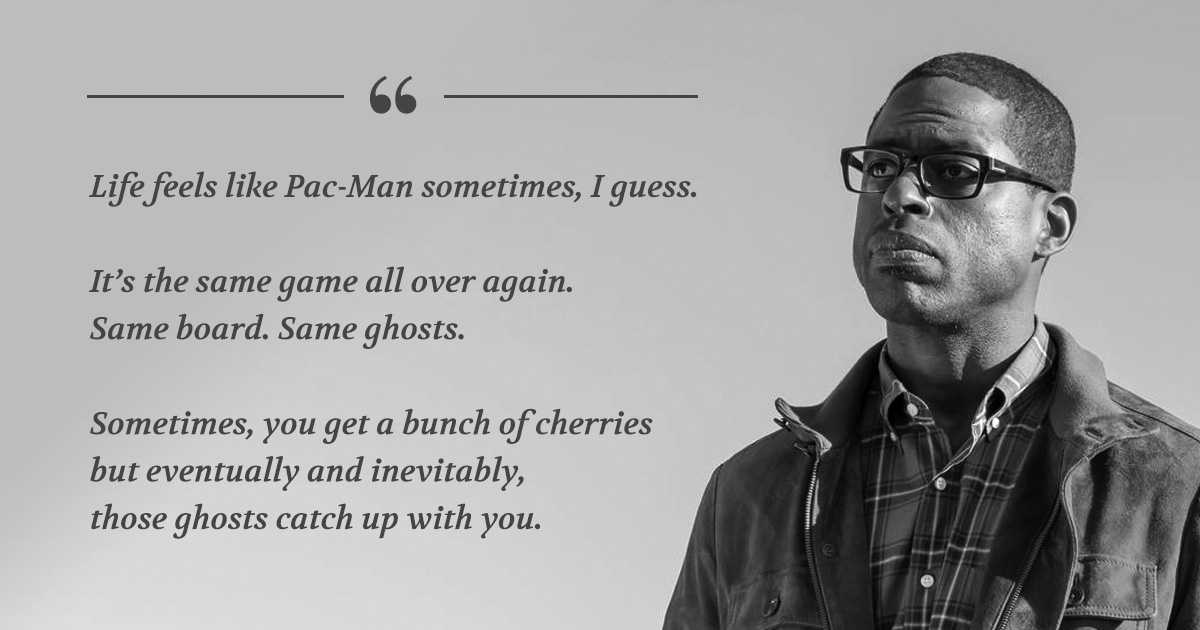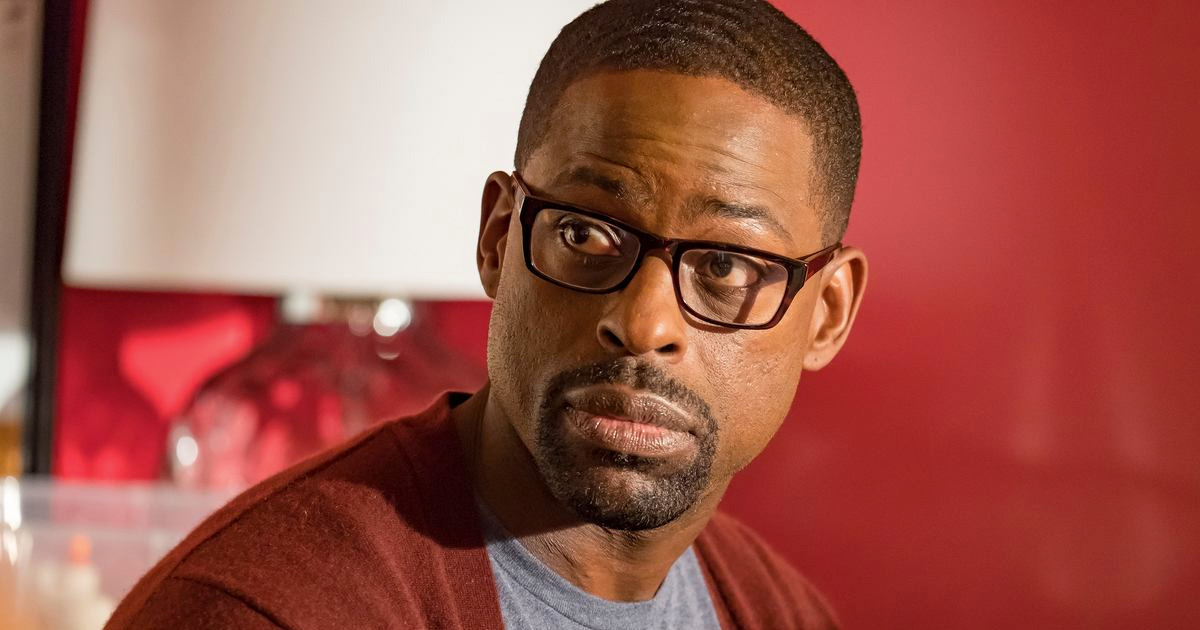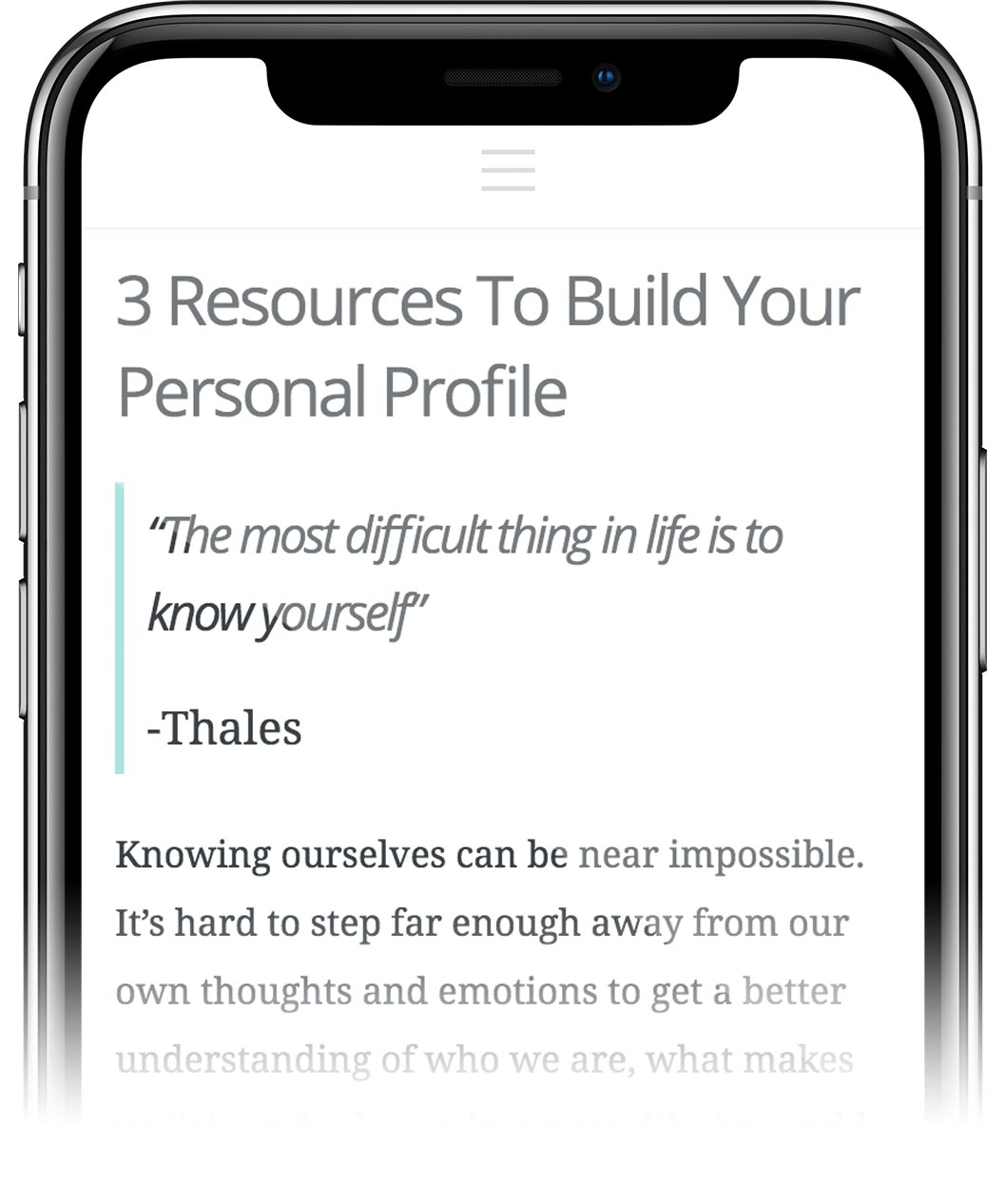Feb 13, 2018 / Anxiety / Life
This Is Us – Randall Pearson’s Struggle

Image Credit: NBC.com
If you haven’t been watching This Is Us on NBC then you’re missing out on a great story! The series follows the lives of the Pearson family – flashing between their past, present, and future as they cope with tragedy, addiction, brokenness, healing, and hope. It’s a brilliantly written emotional journey as each character wrestles with the scars of their past as they transition into adult lives.
One of my favorite questions to ask friends who watch the show is “Which character do you relate to best?”
I believe that each personality in the show teaches us something about emotional health. They each bring unique pain and deal with their wounds in specific ways. Because of this, I think we each have one or two characters that we can relate to…and learn from.
This article is the first in an upcoming series profiling the main characters from This Is Us.
SPOILER ALERT – I won’t discuss specifics from recent episodes, but if you haven’t watched any of the show this article may give away a few key themes.

Randall Pearson
HIS STRUGGLE: abandonment, worthlessness, exclusion, anxiety
Dropped off at a fire-station the day of his birth, Randall was adopted by Jack and Rebecca who lost a child during the birth of their triplets. Randall is black which consistently leaves him feeling like an outsider in a white family, white community, and white school.
He is a gifted student but struggles to find his place. The things he’s most proud of get belittled by his brother Kevin and he struggles to fit in with the other kids who aren’t like him at all.
COPING STRATEGY: making everyone happy
Comically, Randall always seems to be dreaming up a new plan to change the world. While extravagant and kind, his grand gestures point to a hidden sense of worthlessness. His attempts at making everyone else around him happy reveal a fear of being left alone. He desperately wants to be accepted and worries that he will never be enough.
In his mind, it’s up to him to create a secure and loving environment for himself by insulating himself from the possibility of being left alone…again. He’s well off, a hard worker, a great father, and an extremely caring husband…all wonderful traits!
However, his downfall comes from the pressure he puts on himself to “be enough”. Randall struggles with extreme anxiety attacks as he seemly adds more and more of a burden to himself until he cracks.
“Life feels like Pac-Man sometimes, I guess. It’s the same game all over again. Same board. Same ghosts. Sometimes, you get a bunch of cherries but eventually and inevitably, those ghosts catch up with you.”
Randall’s always pondering life. Searching…for his purpose…for meaning….for validation and worth in himself. Oftentimes, he’s thinking too hard, trying to make too much out of nothing, always trying to be something great for someone else…
…feeding the pressure…
…fueling the anxiety…
AT HIS BEST: empathetic, forgiving, believing the best
One of Randall’s greatest struggles and best qualities is his ability to feel deeply. When internalized he becomes the victim but when externalized he has an incredible capacity to care for other people. We see this empathy over and over as he graciously forgives.
He’s at his best in a scene where he’s finally confronting Becca, his Mom, for hiding his birth father from him for decades. After days of being too angry to talk to her, he shows up at the door with this line…
“You kept that secret for 36 years…That must have been incredibly lonely”
Randall understood that he had every right to be angry at the world for abandoning him, telling him he wasn’t good enough, and driving him into emotional breakdowns. He felt all that pain deeply! Still, he chose to feel his Mother’s pain with her…to empathize with her insecurities and her fears.
He is constantly looking on the bright side. Trying every day to make the world around him a little better place. He believes the best about his future, his family, and the people around him.
THE TAKEAWAY:
Randall has given us a deep understanding of what it’s like to deal with anxiety. In his worst moments, we see how detrimental it can be to mask anxiety with the attitude of “be more, do more, try harder…”. At his best, we see the power of empathy that can be shown from someone who’s been through pain themselves.
Do you relate to Randall’s struggle for acceptance and love and his fight with anxiety? What would empathy look like for you?
